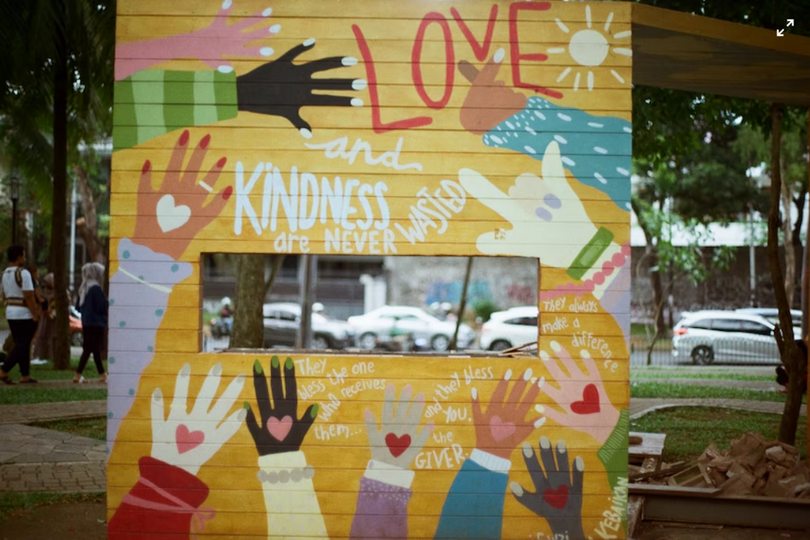About nine years ago, Jiacheng’s newborn child was diagnosed with a serious illness, forcing him to leave his job and move to a bustling first-tier city in search of medical treatment. Along the way, he encountered many families facing similar challenges. This led him to begin working in medical aid public welfare in 2016.
Jiacheng describes himself as a “grassroots social welfare worker.” Ascribe to the “bad situation” of his child’s illness, he found a way to share the “good news” more authentically than before.
Having experienced the challenges of seeking medical care and witnessing so many others in similar situations, Jiacheng developed a desire to act. “The population traveling to other cities for medical treatment is large, being a vulnerable and marginalized group in society. We must illuminate their lives with the gospel, so they can receive comfort and support from God.”
Mercy is a central theme throughout the Bible, and Jesus is our example of love in action. However, Jiacheng has observed that many Christians eager to embody God's love often find no clear path to doing good.
“I feel that the traditional church approach is too religious and out of sync with the fast-paced rhythm of city life,” he said, noting that many Christians focus more on bringing people into their circles rather than stepping into the lives of others.
“Historically, churches have contributed significantly to society—building schools, running clinics, and opening orphanages,” Jiacheng noted. Yet he acknowledged that even such efforts sometimes faced criticism for being motivated solely by a “Social Gospel.” Such critiques, at the very least, show that public welfare was being carried out.
Today, he sees a shift: “Many churches tend to form closed circles, becoming conservative and even stubborn. The more conservative a church becomes, the more problems and heresies arise, which often leads to negative perceptions of Christianity. Some churches even label Christians involved in public welfare as ‘worldly.’”
To address societal misunderstandings about Christianity, Jiacheng believes that public welfare work should play a vital role. “Our priority must be to resolve these misunderstandings before we share the gospel. Otherwise, even with our well-intentioned efforts, we risk unintentionally deepening their wounds,” he said.
In China, Jiacheng emphasized, public welfare work is challenging and goes beyond simply donating money. He advocates for public welfare organizations to operate independently of the church and to serve all social groups, regardless of ethnicity or race.
“True public welfare is not determined by religious affiliation. Our role is to share Jesus’ love and faith through personal relationships, not to use social services as a tool for evangelism,” he explained.
When engaging in public welfare, Jiacheng stressed the importance of approaching service from the perspective of individual Christians not of the church. Quoting the passage in Matthew, "I was hungry and you gave me something to eat. I was thirsty and you gave me something to drink," He explained, "When it came to the last days, Jesus expected us not to answer questions about whether we have provided food and drink, but focused on our attitude. We are stewards, called to actively serve.”
He also shared an example from a palliative care hospital in Canada, where nurses sometimes have more influence than doctors due to their prolonged interactions with patients. However, in China, care workers are often undervalued, frequently criticized, and lack service quality. This, he argued, stems from a societal failure to recognize the intrinsic value of serving others.
“For Christians, serving others is not about money but about following Jesus’ example, as he came to serve humanity. Therefore, we should emulate him in serving others,” he said.
- Edited by Karen Luo, translated by Abigail Wu












